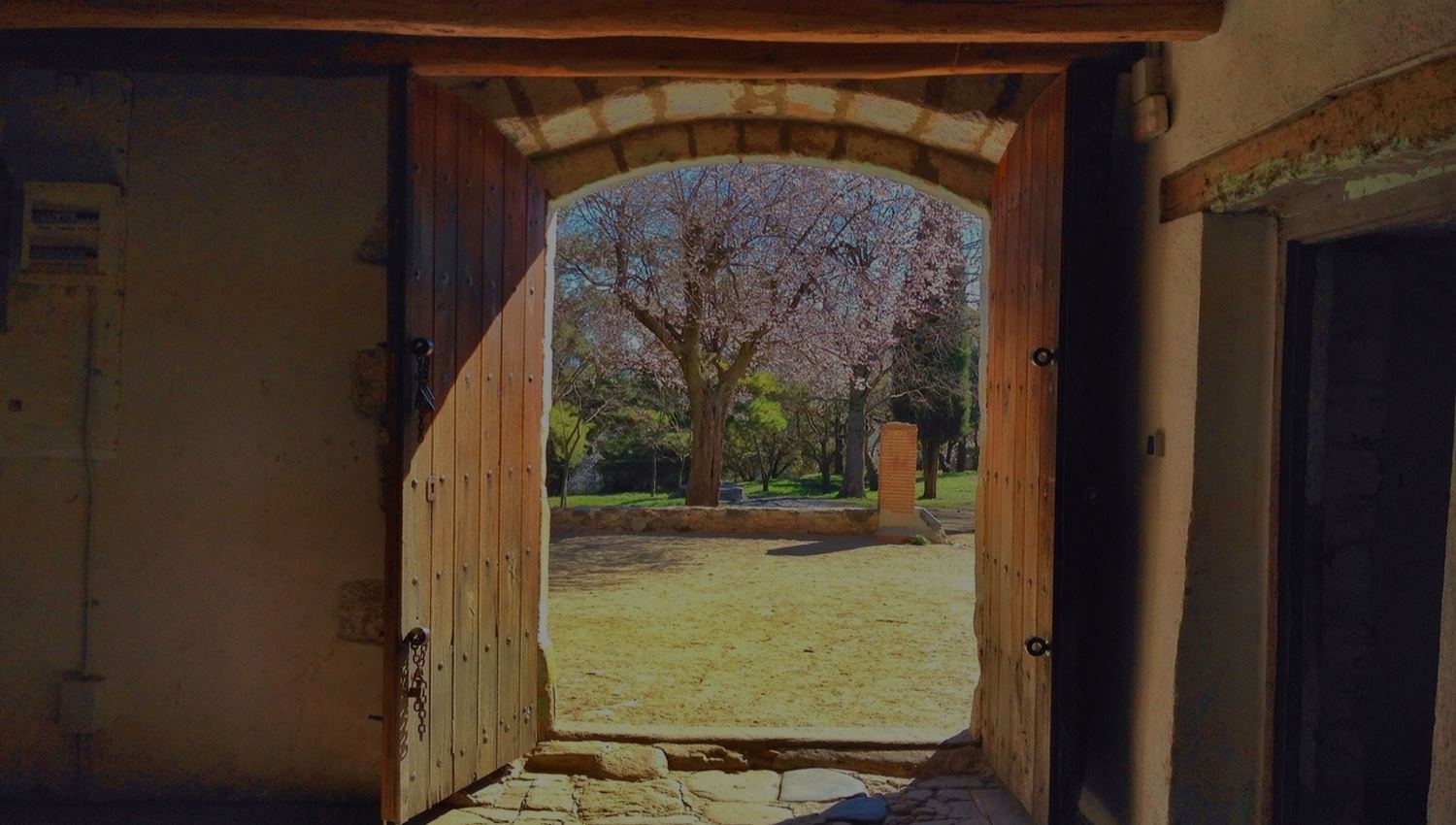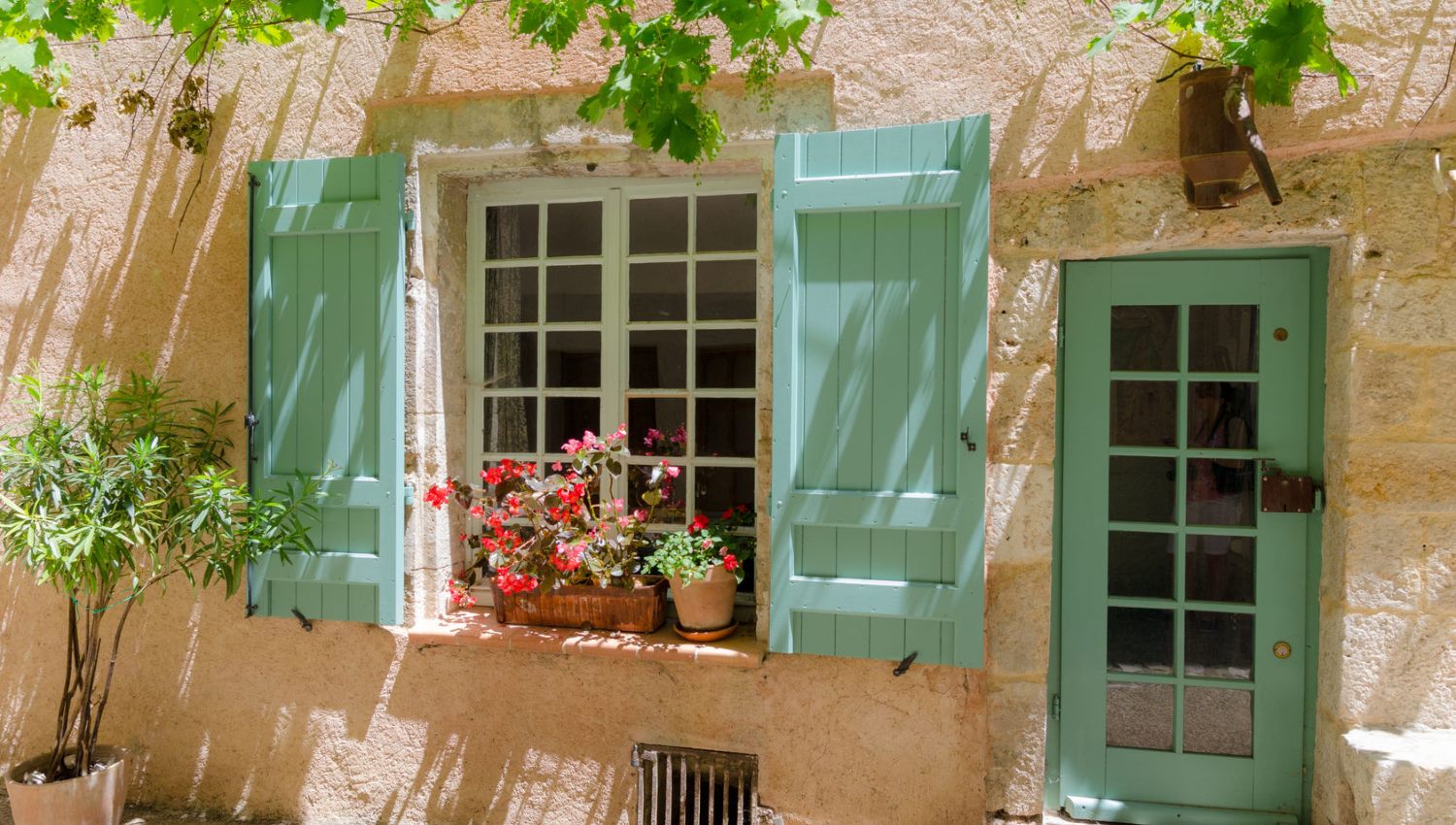Whether you are considering buying a French property as an investment or to retire, we can help you realise your dreams. Contact us today to see how we can help.



Have you already moved or invested and need advice and help?
 Aquitaine Lifestyle Solutions provides professional solutions in all aspects concerning Financial Advice, Real Estate, Relocation Services and Property Management.
Aquitaine Lifestyle Solutions provides professional solutions in all aspects concerning Financial Advice, Real Estate, Relocation Services and Property Management.
Whether you need assistance with everything or just certain parts, make life easy for yourself and contact us for more information about packages or à la carte services.
Member of the Franco-British Chamber of Commerce and Industry
Real Estate and Property Management Services cover the Aquitaine region. Financial and Relocation Services cover all regions.
Our team of experts can provide you with all the services you need under one roof to help open the door to your new lifestyle, including:
Do you dream about buying a property in France, whether it is a holiday home or a permanent ...
Read MoreWhen moving or investing in France you will need to understand the implications from a financial and fiscal standpoint. Legal ...
Read MoreRelocating to France means dealing with the legendary French Administration: obtaining your Carte Vitale (French ...
Read MoreMany people rent out property, but not everyone is aware of the rules and regulations. We will advise you on how to register with the...
Read MoreWhether you are considering buying a French property as an investment or to retire, we can help you realise your dreams. Contact us today to see how we can help.